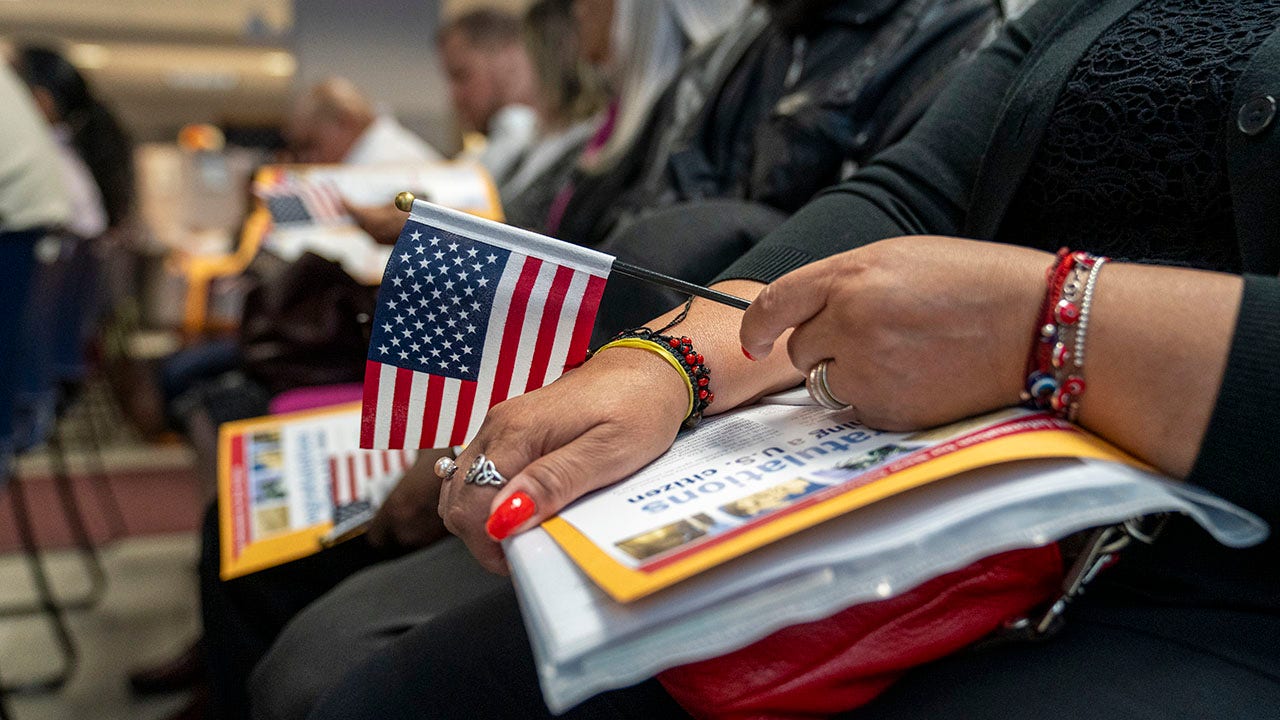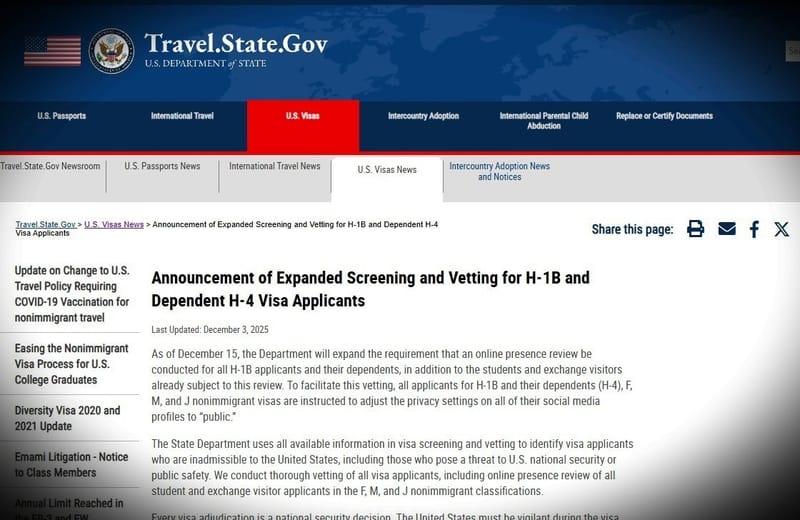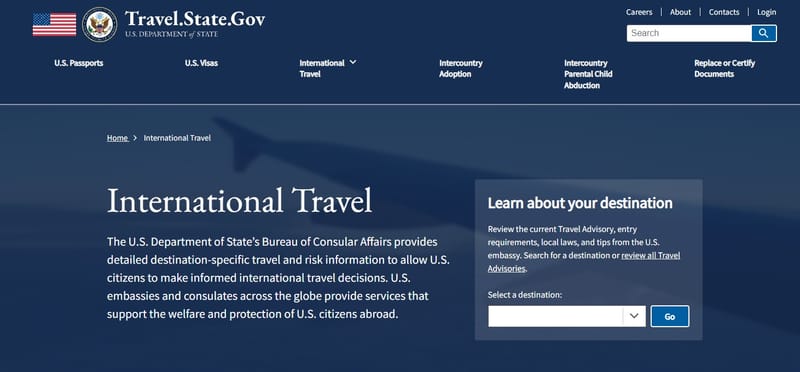USCIS Adopts New 'Holistic' Approach for Citizenship Applications, Emphasizing Positive Contributions
This policy shift means citizenship applicants must now proactively demonstrate their positive societal engagement and adherence to community norms, not just the absence of wrongdoing, adding a new layer of scrutiny to the path to naturalization.

Subscribe to our newsletter and stay informed about latest H1B news, policy updates and and other developments.
Article Summary
USCIS is implementing a new 'holistic' approach for reviewing citizenship applications, requiring officers to evaluate applicants' positive contributions and community involvement. This policy expands the assessment of 'Good Moral Character' beyond the absence of misconduct to include active societal engagement. The memo also broadens the list of conduct inconsistent with civic responsibility, such as drug use, multiple DUIs, and reckless traffic infractions.
Original Article: foxnews.com
[ Sentiment: neutral | Tone: factual ]
This summary and analysis were generated by TheNewsPublisher's editorial AI. This content is for informational purposes only; it does not constitute legal or immigration advice.
[ Sentiment: neutral | Tone: factual ]
This summary and analysis were generated by TheNewsPublisher's editorial AI. This content is for informational purposes only; it does not constitute legal or immigration advice.
TNP AI: Key Insights
This USCIS policy marks a significant shift from a largely compliance-based review of 'Good Moral Character' to one demanding proactive demonstration of civic engagement. Historically, GMC assessment primarily focused on disqualifying factors like criminal records; this new directive explicitly mandates consideration of positive attributes, which introduces a more subjective element into the evaluation.
For skilled professionals on the path to U.S. citizenship, this change necessitates a more comprehensive approach to their application, emphasizing documentation of community service, educational achievements, stable employment, and financial responsibility. This could lead to increased preparation burdens for applicants and more nuanced guidance required from immigration attorneys, while potentially facing legal challenges regarding the subjectivity of 'positive contributions' and 'societal norms' in future.




